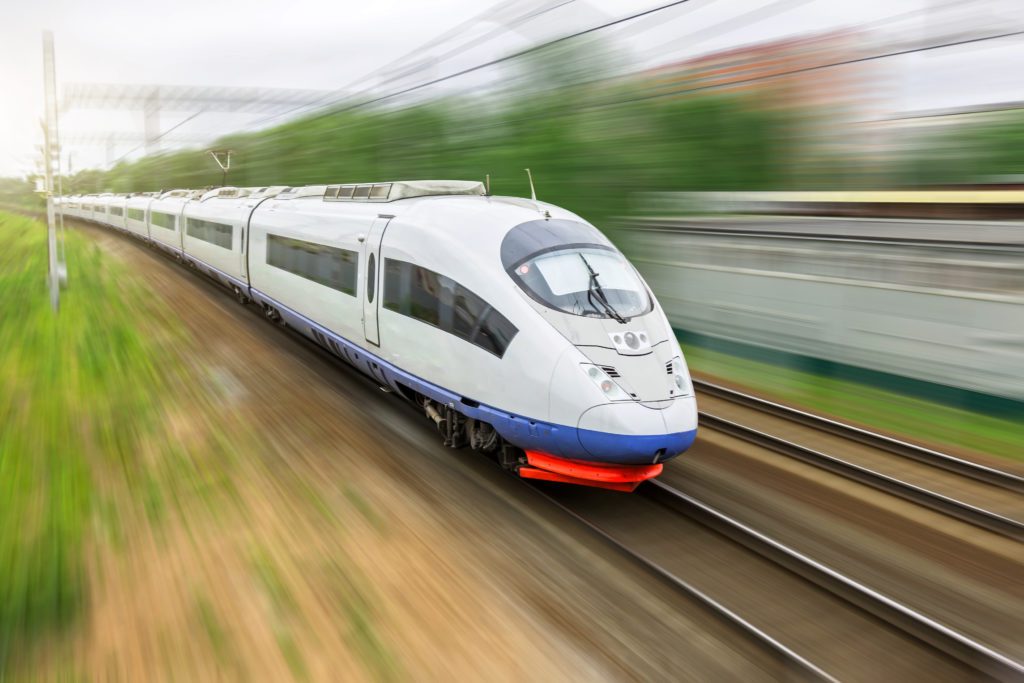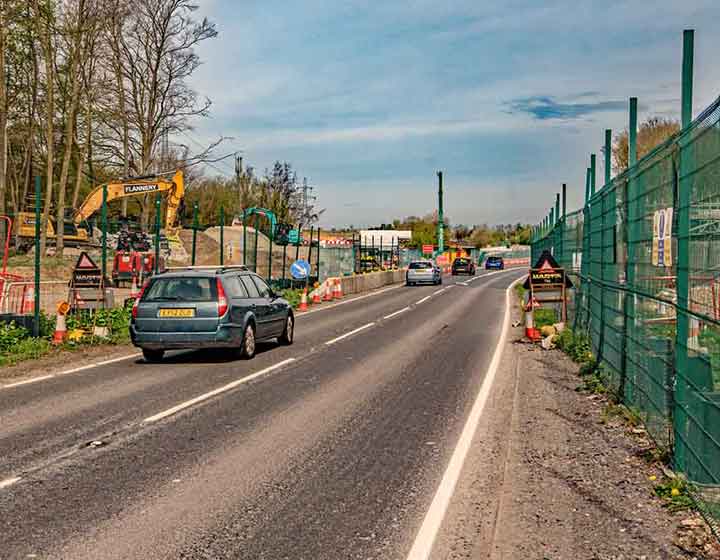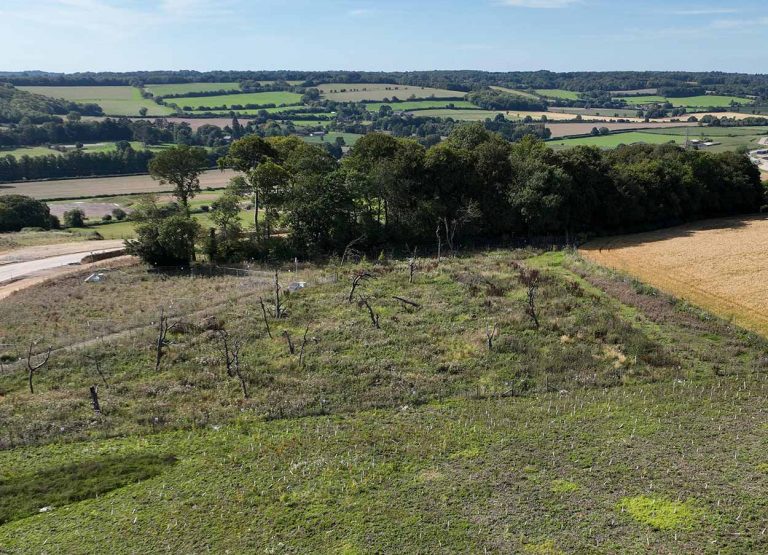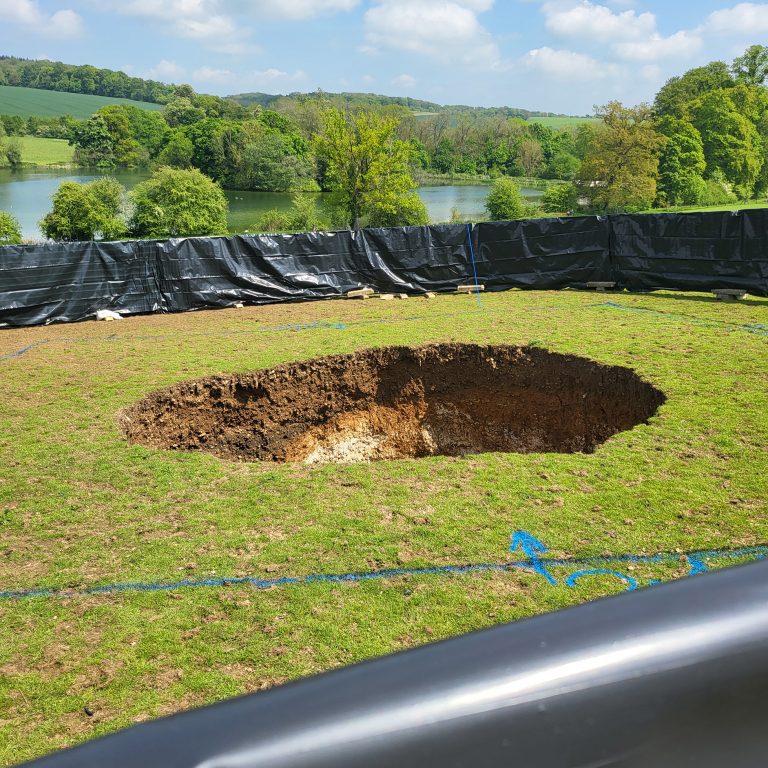A petition has been presented to Parliament ‘Stop work on HS2 immediately and hold a new vote to repeal the legislation’. This will be debated on 13th September 2021.
We would ask everyone to contact their local MP to ensure that they attend the debate.
There are a number of reasons that we consider HS2 should be cancelled. These fall into the following categories
- Environmental
- Financial
- Capacity
Environmental
The damage that HS2 is doing to the Chilterns AONB and the countryside of Buckinghamshire.
- The Chiltern Tunnel is 16km long and runs from the M25 to just north of Great Missenden. It threatens
- The River Misbourne, a rare chalk stream, one of only 210 in the world. The tunnel crosses the river at two points, where the tunnel apex will pass through unconsolidated chalk, increasing the risk of losing the river through subsidence caused by vibration.
- The Mid Chilterns Chalk Aquifer provides drinking water not only for local people but also 20% of London’s water. At Little Missenden the tunnels cross the valley floor risking blocking the faults / fissures running down the valley that contribute water to Amersham Public Water Supply, and diverting the water away from this PWS.
- The plans laid out in the HS2 Act to service the construction sites from Amersham to Stoke Mandeville have been changed. Originally 7 sites from Amersham to Wendover were to be serviced from the M40 at Beaconsfield by the A355 and A413. The 6 sites from Wendover to Stoke Mandeville were to be serviced from the M40 at High Wycombe via A4010. Now all 13 sites are to be serviced via A355 and A413. This will create a significant traffic issue on both roads.
- The Wendover cut & cover Tunnel construction
- Threatens to alter the flow of water from the Chilterns to Aylesbury Vale, in particular the stream that feeds Weston Turville SSSI and the Western Arm of the Grand Union Canal. This would be a disaster for the migratory and breeding birds which use the SSSI.
- Threatens the flow in the Stoke Brook
- Gives rise to the loss of the site of a Stone Age wooden henge near Wendover
- Loss of Ancient Woodland and mature trees
- Savings from cancelling HS2 could be used to upgrade railways crossing the country, enabling earlier electrification to replace diesel trains, and improving the quality of these services to enable journey times to be reduced substantially, and contributing to meeting the Government’s Climate Change promises.
Financial
The cost of the whole project is now more than double the original costs provided to Parliament. The latest official estimate is £107.7 bn. However this is expected to increase further.
The Infrastructure and Projects Authority have listed HS2 Phase 2b as ‘Red’, which means that it believes that the project cannot be delivered within its cost frame or ‘value for money’. Phase 2b extends HS2 to Manchester and Leeds. Recently the Government has instructed HS2 to cease work on the eastern arm to Leeds and Newcastle. Failure to build the eastern arm removes the strategic benefit of connecting the Midlands and the North East.
Capacity
We have always believed there was sufficient capacity on the West Coast and East Coast Mainlines. However, the Government denied this.
West Coast Mainline (WCML)
At the time of the HS2 Bill, trains on the WCML comprised 9 carriages, 3 1st class and 6 standard class. The capacity issues lay in Standard Class. We argued that the trains were capable of being increased to 12 carriages, giving a 50% increase in standard class capacity. A few years later the number of carriages was increased to 11, a 33% increase in the standard class capacity. The Government then announced it would no longer reimburse MPs and civil servants for 1st Class travel. This reduced 1st Class utilisation to 30% i.e. making a further 2 carriages available for standard class.
Recently London Northwest Railways increased the number of carriages to 12 on some trains.
East Coast Mainline (ECML)
We maintained that the number of trains on the ECML could be increased, and the speed increased. We were told this could not be achieved.
Recently London North East Railways announced an upgrade of services with an extra 4 trains per hour providing an additional 10,000 seats per day.
The ECML is crossed on the level by the freight line out of Felixstowe. This requires trains on the ECML to run slower. Building a grade separation at an estimated cost of £500m would enable speeds on the ECML to be increased to reduce the Leeds – London journey time by 20min.





